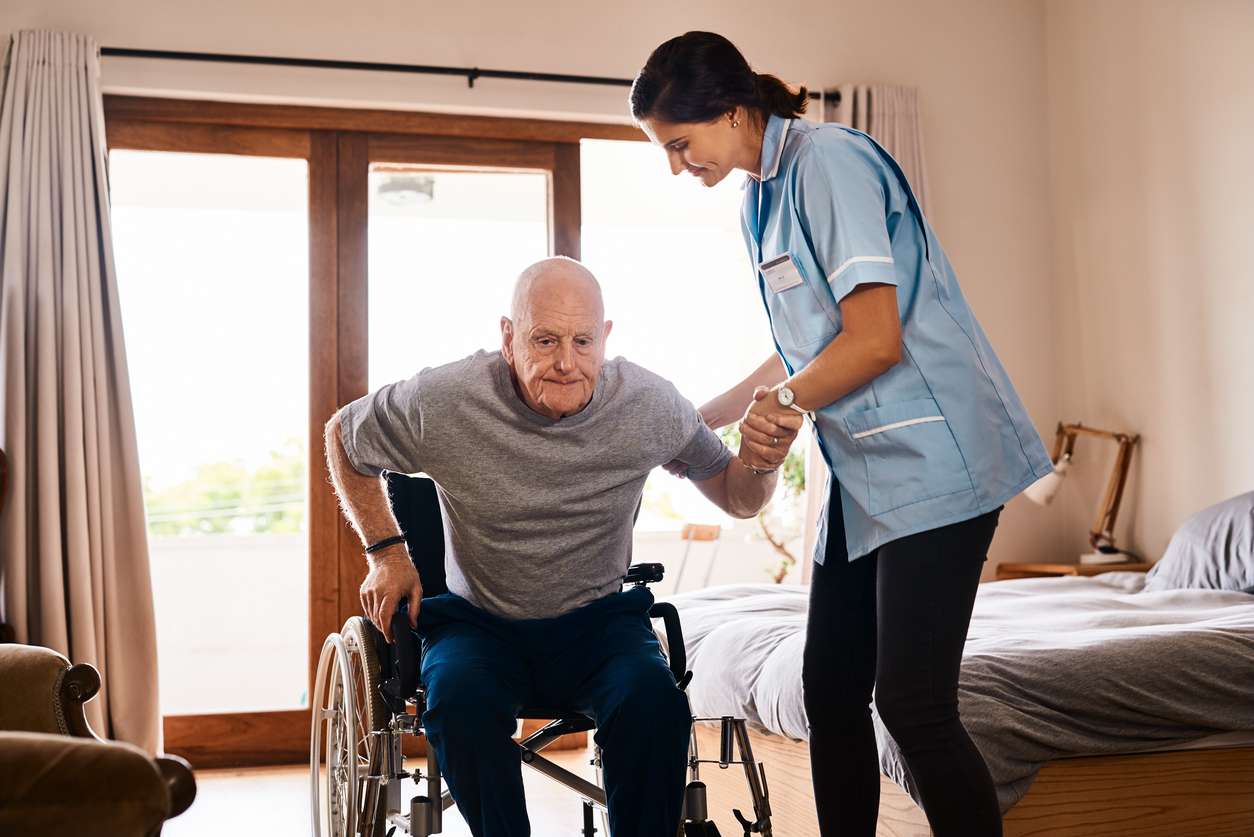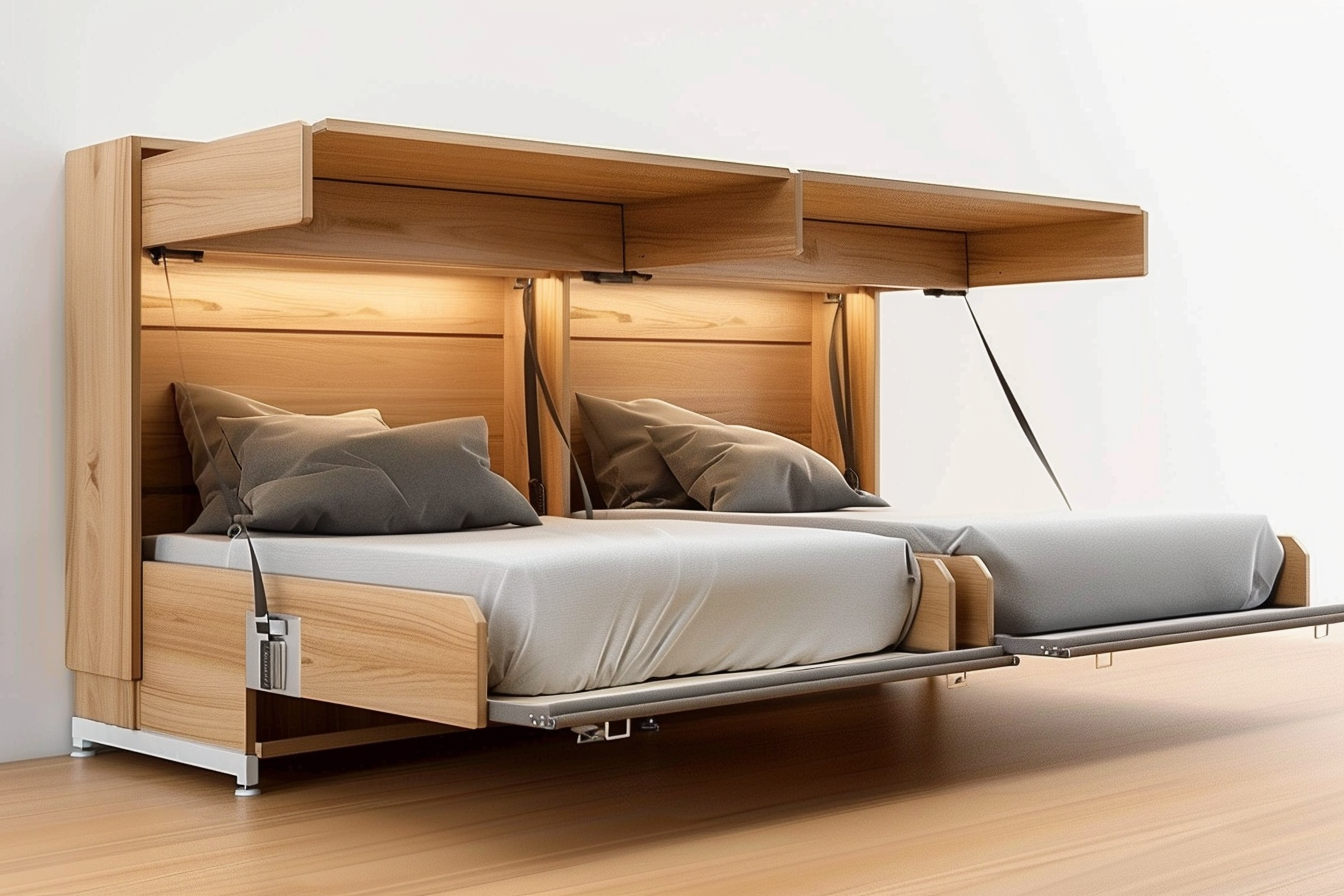Simple ways live-in care can improve quality of life for seniors
Discover how live-in senior care enhances daily comfort and independence. From personalized assistance and medication management to companionship and fall-prevention support, professional caregivers help maintain safety, dignity, and peace of mind. Explore these simple, high-impact ways live-in care elevates health outcomes and overall well-being for aging adults and families alike.

What are the benefits of 24-hour live-in care for seniors?
24-hour live-in care provides round-the-clock assistance and companionship for seniors in their own homes. This type of care can significantly improve quality of life by offering personalized attention and support tailored to individual needs. Live-in carers help with daily activities such as meal preparation, medication management, and personal hygiene, ensuring that seniors maintain their routines and independence. Additionally, the constant presence of a caregiver can provide peace of mind for both the senior and their family members, knowing that assistance is always available in case of emergencies.
How do in-home caregivers near me enhance social interaction?
In-home caregivers play a crucial role in combating social isolation, a common issue among seniors. By providing companionship and engaging in meaningful conversations, caregivers help maintain cognitive function and emotional well-being. They can facilitate social activities, encourage hobbies, and assist with outings, allowing seniors to stay connected with their community. In-home caregivers also act as a bridge between seniors and their families, helping to maintain important relationships and facilitating communication with loved ones who may live far away.
What services do in-home nursing care providers typically offer?
In-home nursing care encompasses a wide range of medical and non-medical services tailored to seniors’ specific health needs. Registered nurses or licensed practical nurses can provide skilled medical care, including wound management, medication administration, and monitoring of chronic conditions. They work in conjunction with doctors to ensure proper healthcare management. Additionally, in-home nursing care often includes assistance with activities of daily living, such as bathing, dressing, and mobility support. This comprehensive approach to care allows seniors to receive necessary medical attention while maintaining the comfort and familiarity of their home environment.
How does live-in help for elderly improve safety and prevent accidents?
Live-in help for the elderly significantly enhances safety by providing constant supervision and assistance. Caregivers can identify and address potential hazards in the home, such as loose rugs or poor lighting, to prevent falls and accidents. They can assist with mobility and transfers, reducing the risk of injuries during daily activities. Moreover, live-in carers are trained to recognize signs of health changes or emergencies, enabling quick response and potentially life-saving interventions. This level of care and attention contributes to a safer living environment, allowing seniors to age in place with greater confidence and security.
What daily activities can live-in carers assist with to improve quality of life?
Live-in carers can assist with a wide range of daily activities that contribute to an improved quality of life for seniors. These may include:
-
Personal care tasks such as bathing, dressing, and grooming
-
Meal planning and preparation, ensuring proper nutrition
-
Light housekeeping and laundry
-
Medication reminders and assistance
-
Transportation to appointments and social activities
-
Engaging in hobbies and recreational activities
-
Providing emotional support and companionship
By offering help with these essential tasks, live-in carers enable seniors to maintain their dignity, independence, and overall well-being while staying in their familiar home environment.
How do live-in care services compare in terms of features and costs?
When considering live-in care services, it’s important to understand the features and costs associated with different providers. Below is a comparison of typical live-in care services:
| Provider Type | Services Offered | Key Features | Cost Estimation |
|---|---|---|---|
| Home Care Agency | 24/7 care, personal assistance, housekeeping | Trained staff, supervised care, backup support | $200-$350 per day |
| Independent Caregiver | Customized care plan, companionship | Flexible scheduling, one-on-one attention | $150-$250 per day |
| Specialized Care Service | Medical care, dementia support | Skilled nursing, specialized training | $300-$450 per day |
Prices, rates, or cost estimates mentioned in this article are based on the latest available information but may change over time. Independent research is advised before making financial decisions.
Live-in care services offer a valuable alternative to residential care facilities, allowing seniors to maintain their independence and familiar surroundings. By providing personalized assistance, companionship, and safety measures, live-in carers can significantly enhance the quality of life for older adults. From improving social interactions to ensuring proper medical care and daily support, the benefits of live-in care are extensive. As families consider care options for their elderly loved ones, live-in care presents a flexible and comprehensive solution that can be tailored to meet individual needs and preferences.
This article is for informational purposes only and should not be considered medical advice. Please consult a qualified healthcare professional for personalized guidance and treatment.




